Photography doesn't live in a vacuum
Everyone who engages in any creative endeavor typically has those who have influenced or inspired their journey in some way or fashion. It’s weird to me when I see some people today saying, “I don’t look at anyone else’s photography,” or “I don’t have any influences, my work is original.”
How’s that weird?
I think of something like music or film; ask any musician, and they will be able to tell you what other musicians, possibly in their genre, maybe not, that inspired them to start making music or what their favorite records are. The same applies to filmmakers; they can list their favorite films, directors, scenes, and so on. That’s one of the best things about art: art and artists inspire other artists to make art. The odds are, any photographic idea you have, or are in the process of working on, someone else out there is also probably in the process of doing it, or has already done it. And made a book, or had an exhibition.
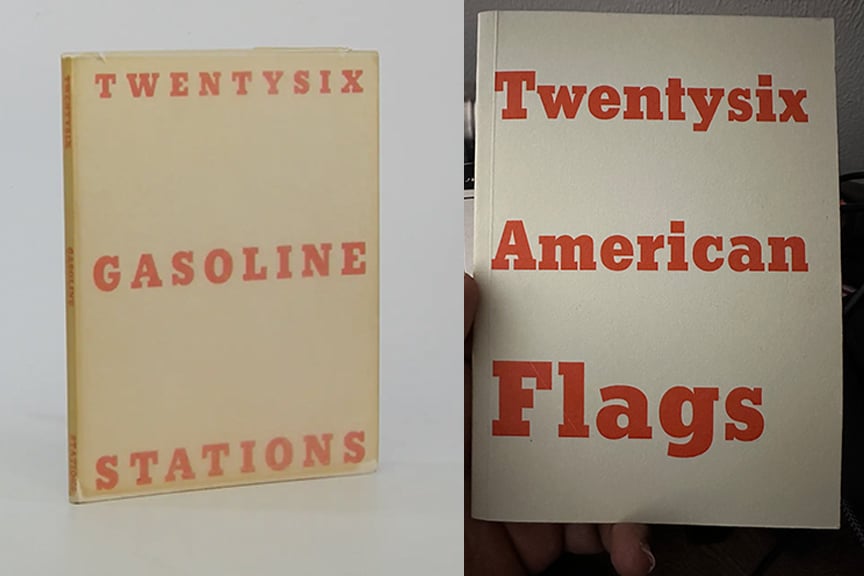
Does that mean that you shouldn’t do it? No, it doesn’t. Every photographer puts their spin or take on every photograph or project they make. Ideas are interpreted differently. Every photographer sees every scene differently. I don’t do group photowalks much anymore, but that was one of my favorite parts: looking through everyone’s photographs afterward and seeing how we all interpreted the same scene or space differently. It’s all being a part of the “conversation” of the medium, and I love it.
Rejection Letters
Are a part of the art world, you answer an open call for an exhibition, complete a submission for inclusion in a publication, apply for grant money, or a residency. And the odds are, (it feels like), pretty high that you’ll get a “Dear Artist” or “Dear Photographer” rejection letter, or to make it a little more personal, they’ll use your name. The rest of the letter goes something like:
We regret to inform you.
You weren’t selected for ___.
Your work wasn’t the right fit
Thanks for applying; please apply again next year.
And so on and so on. It’s all a part of the game, which we all deal with differently. I have an email folder titled “Rejection Letters.” Anytime I get one, I label it and throw it in there. Why, maybe because one day, when I might get accepted for something, I can look back on all the times I was told no.
Others make it into a project:
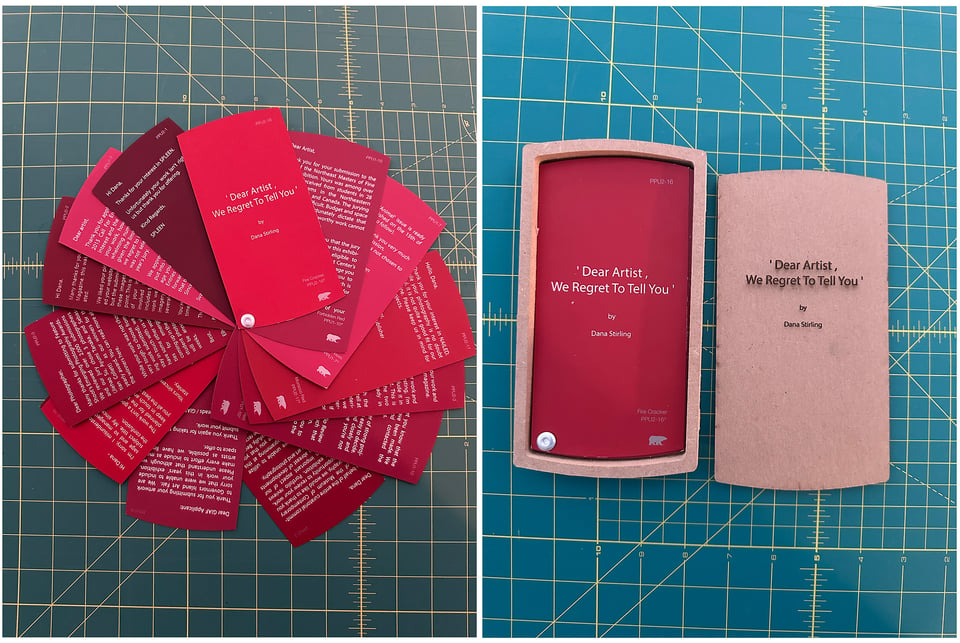
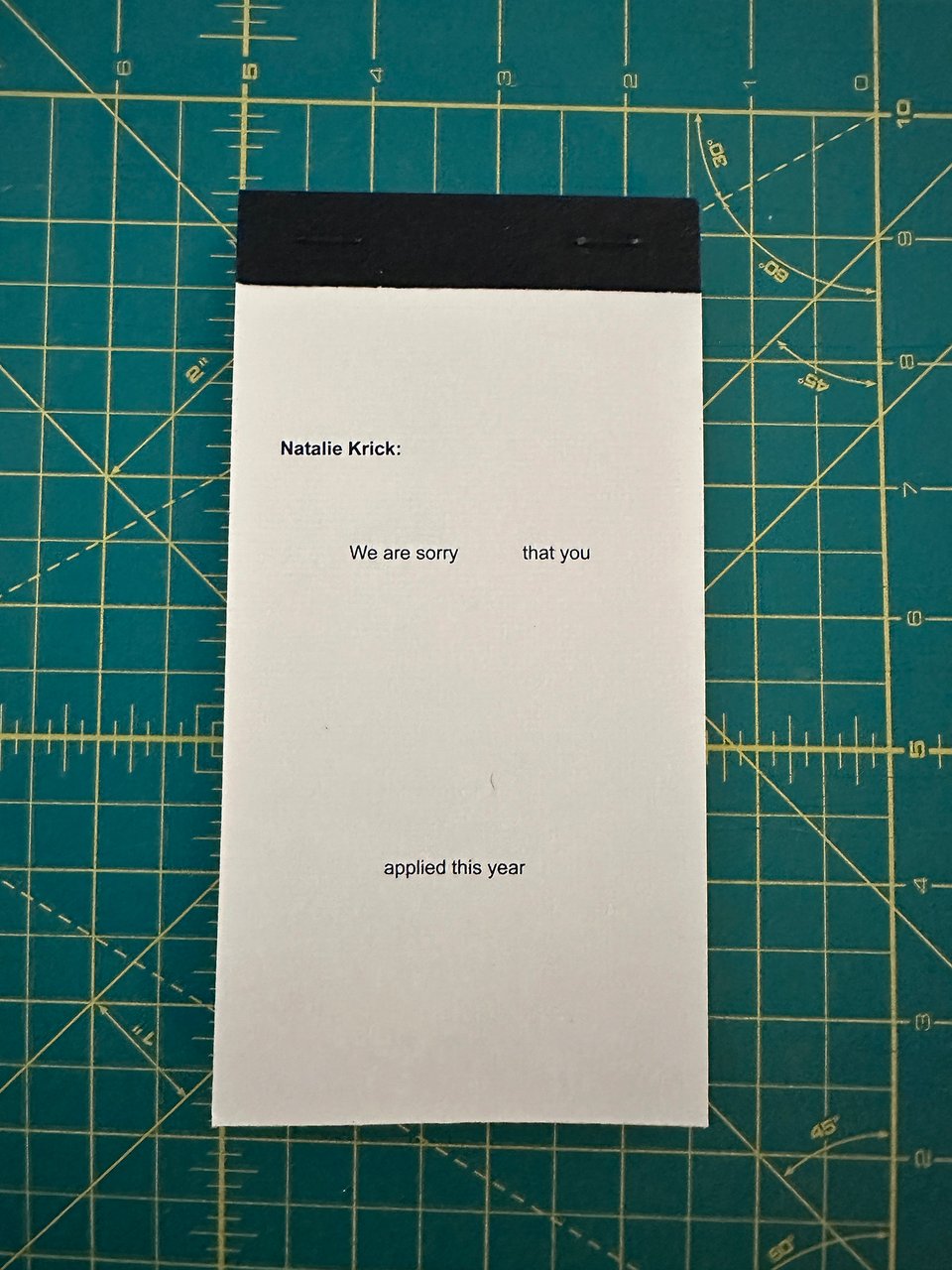
Capturing a different time
I have a small, but growing and respectable photobook collection that I’m adding to all the time, as my wallet allows. One of my favorite books is Bruce Davidson’s Subway, a look at the gritty NYC subway of the late 1970s and early 1980s.
Below photographs copyright Bruce Davidson:
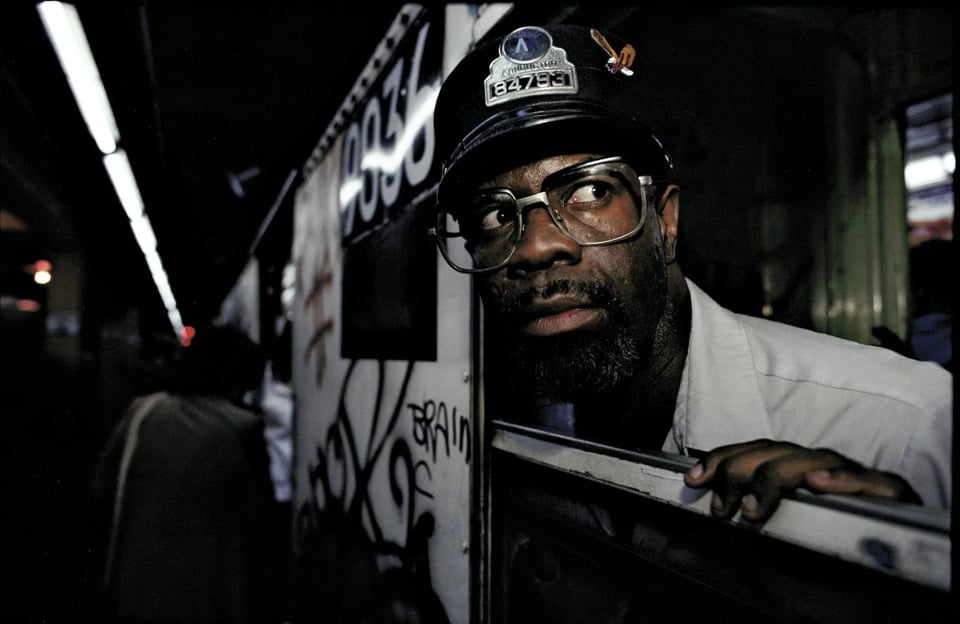
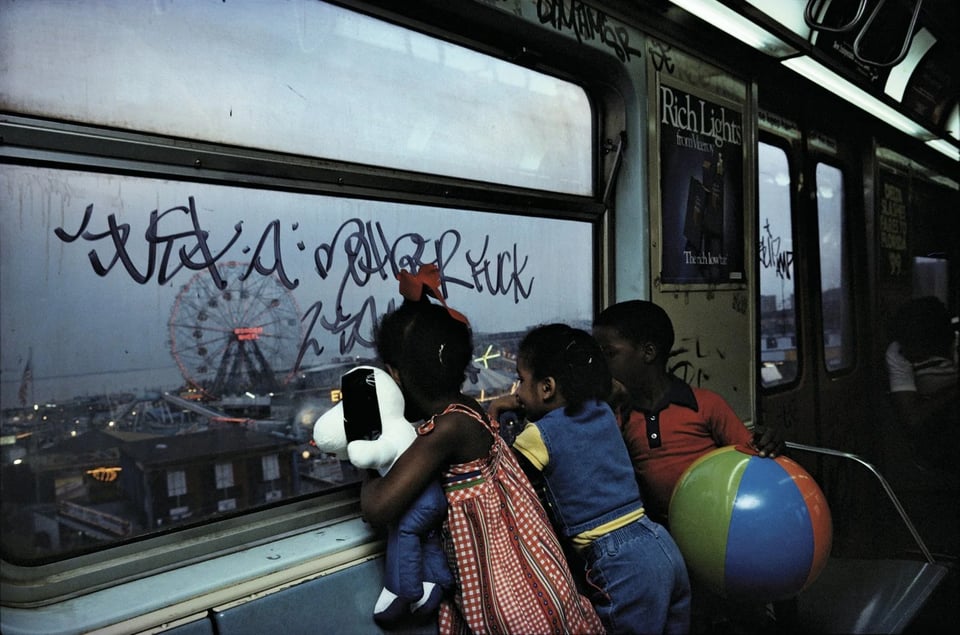
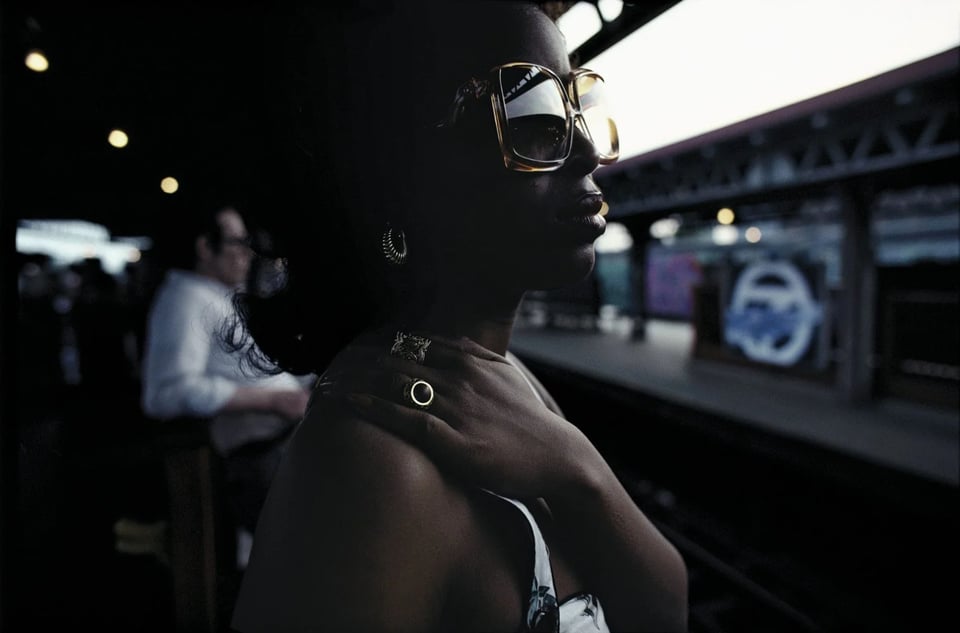
I’ve owned this book for about 10 years, but last year I happened upon this post from a South Korean Art magazine called Public Delivery. About a photographer named Christopher Morris who was also photographing in the NYC subways in the early 1980s:
All photographs Copyright Christopher Morris:
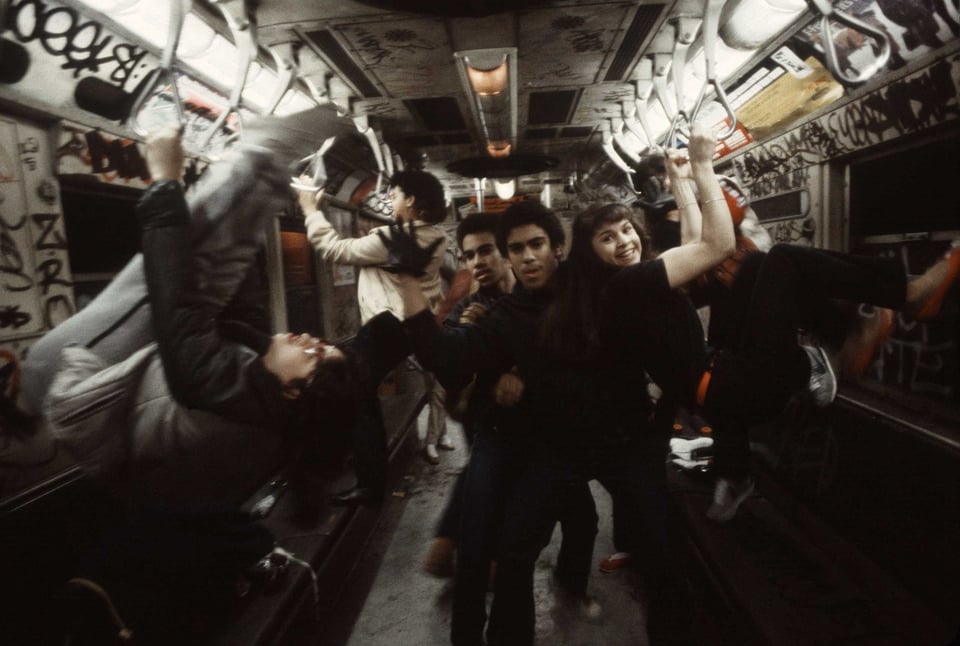
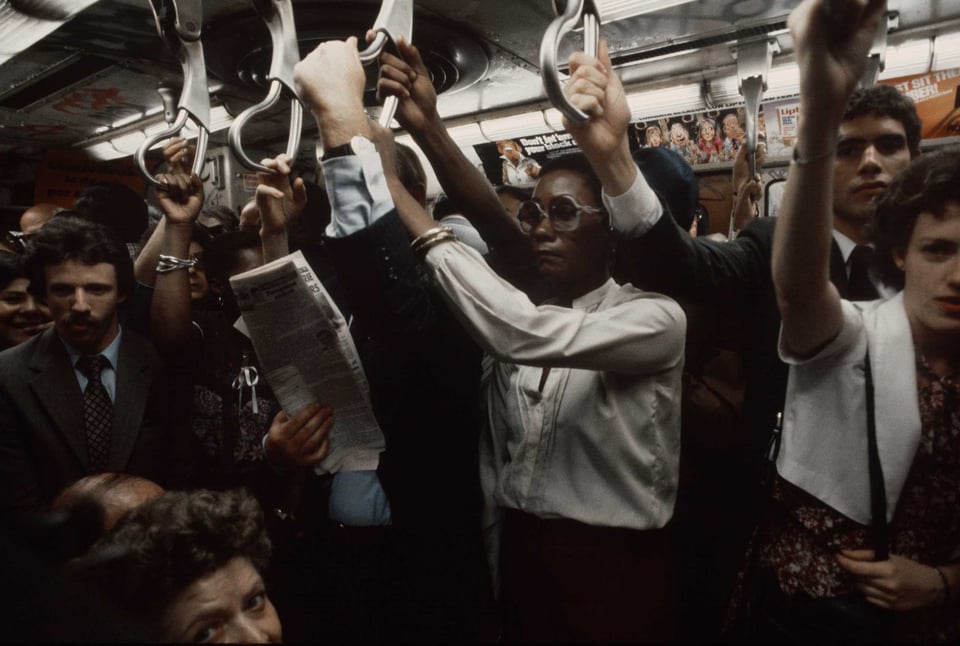
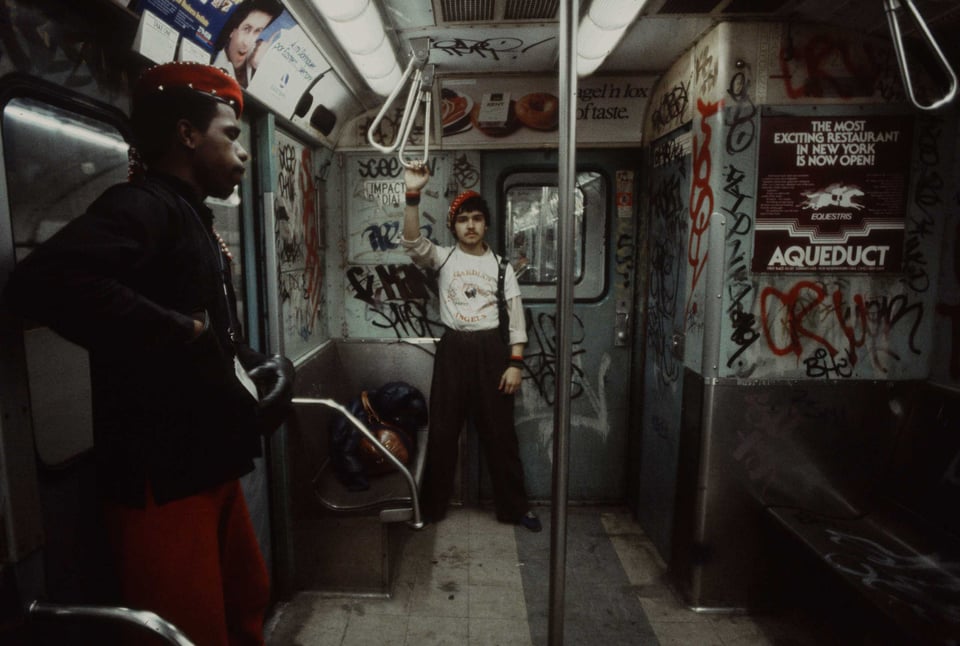
I’m sure at some point in time, they might have ran into each other. I wonder if it got weird (some photographers can sometimes be weird around each other), especially because Morris was only an intern at Black Star’s photo agency at the time, and Davidson was a full member of Magnum Photo.
And before both of them, you had Walker Evans secretly photographing people on the subway with a hidden camera:
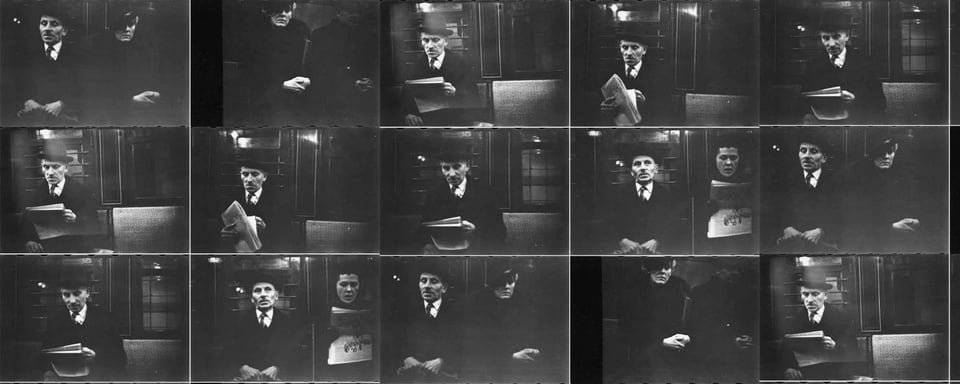
I think of Stephen Shore and Joel Sternfeld traveling across America (their trips overlapping around this same time period of Davidson and Morris photographing the NYC Subway, coincidentally), with their imaging tool of choice, the 8×10 camera, giving us the classic photobooks Uncommon Places and American Prospects.
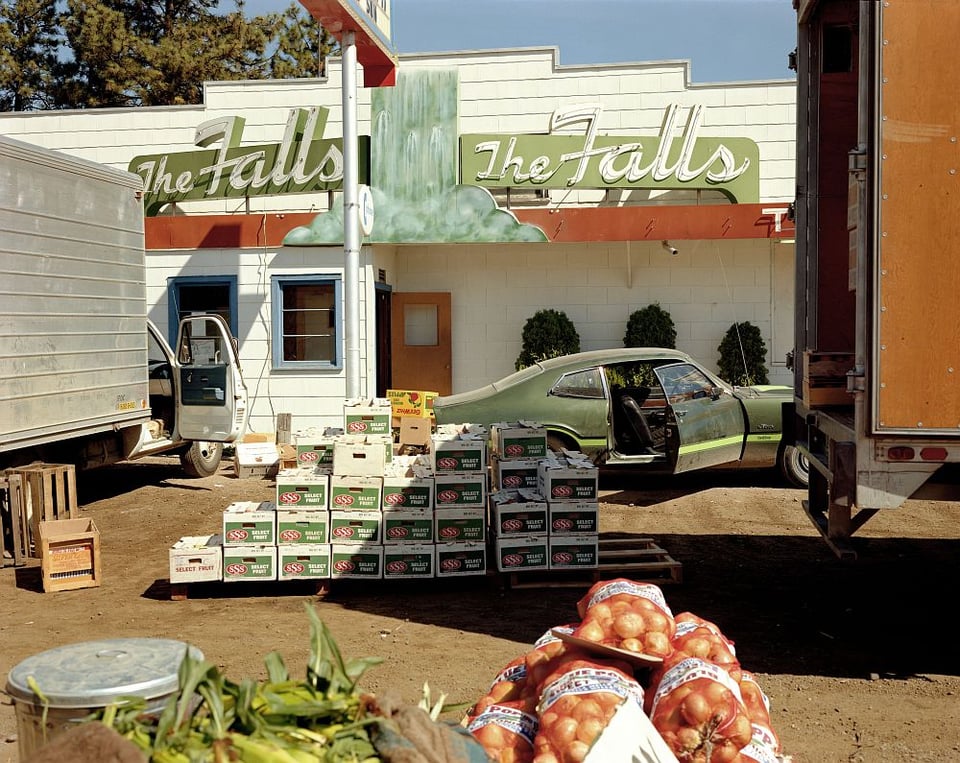
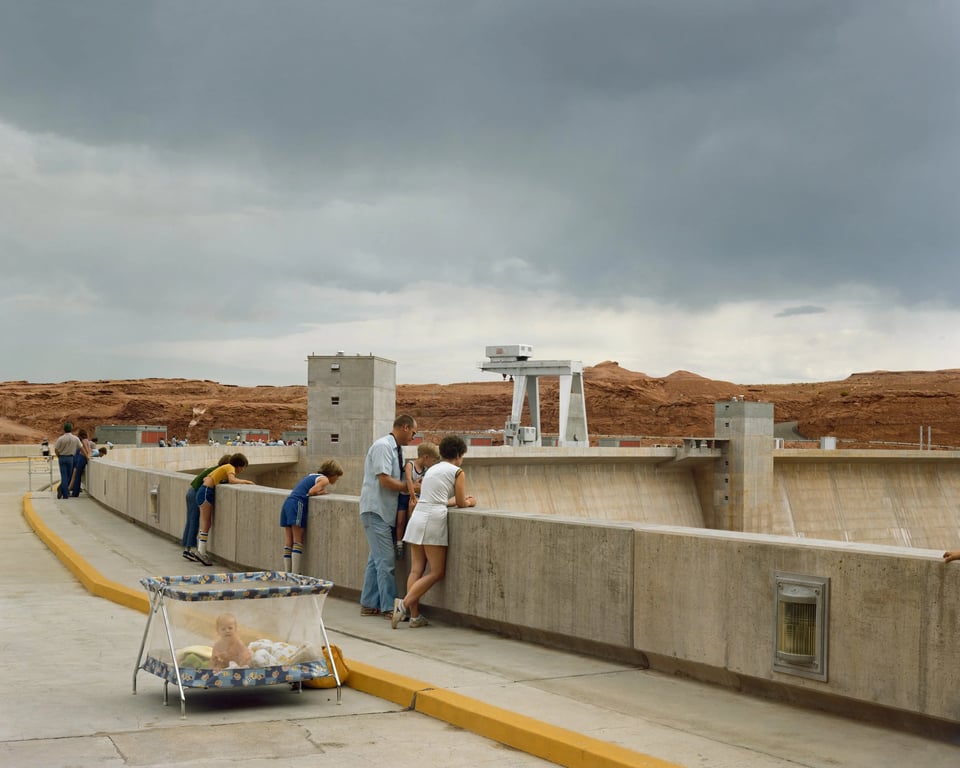
Now, they weren’t exactly photographing the same things, but they both gave us portraits of what it was like being on the road in America during that time period.
Many photographers, since Walker Evans’s American Photographs, and Robert Frank’s The Americans have made their way along the American highway system. It’s what our roads are made for. Traveling from state to state, maybe for a vacation, maybe just to see the country.
A few examples (of course, this isn’t a full list!)
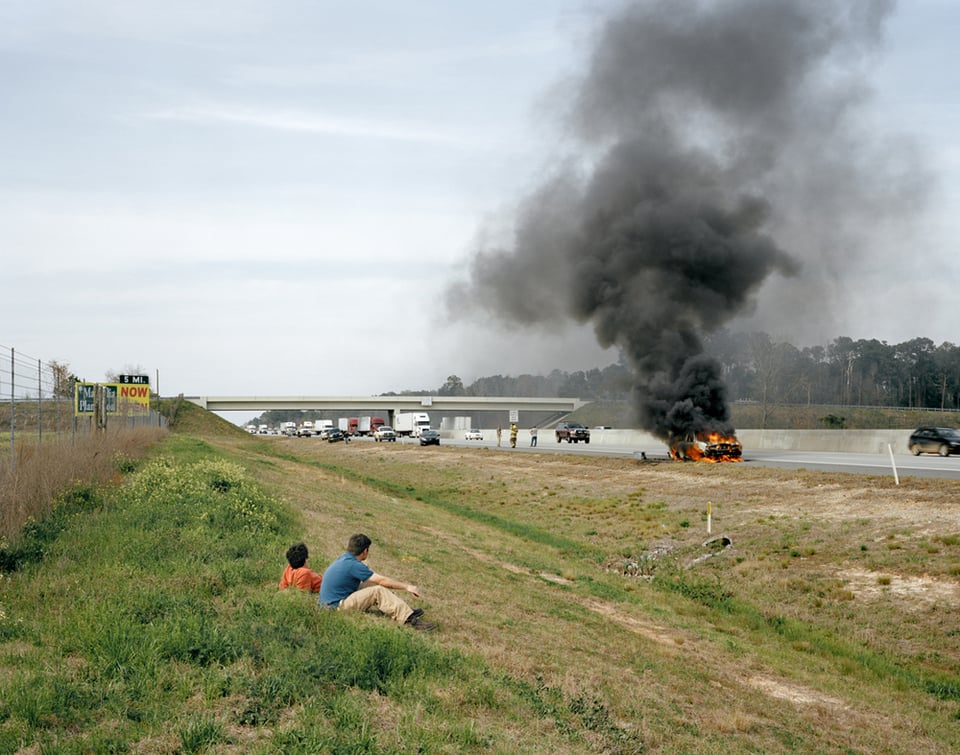
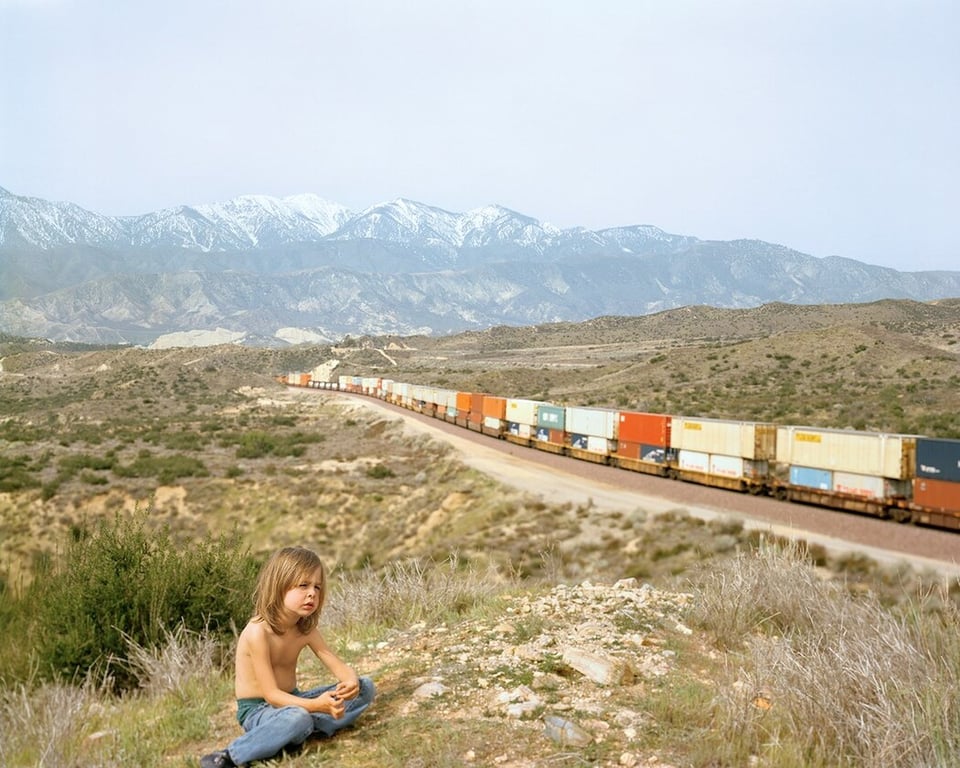
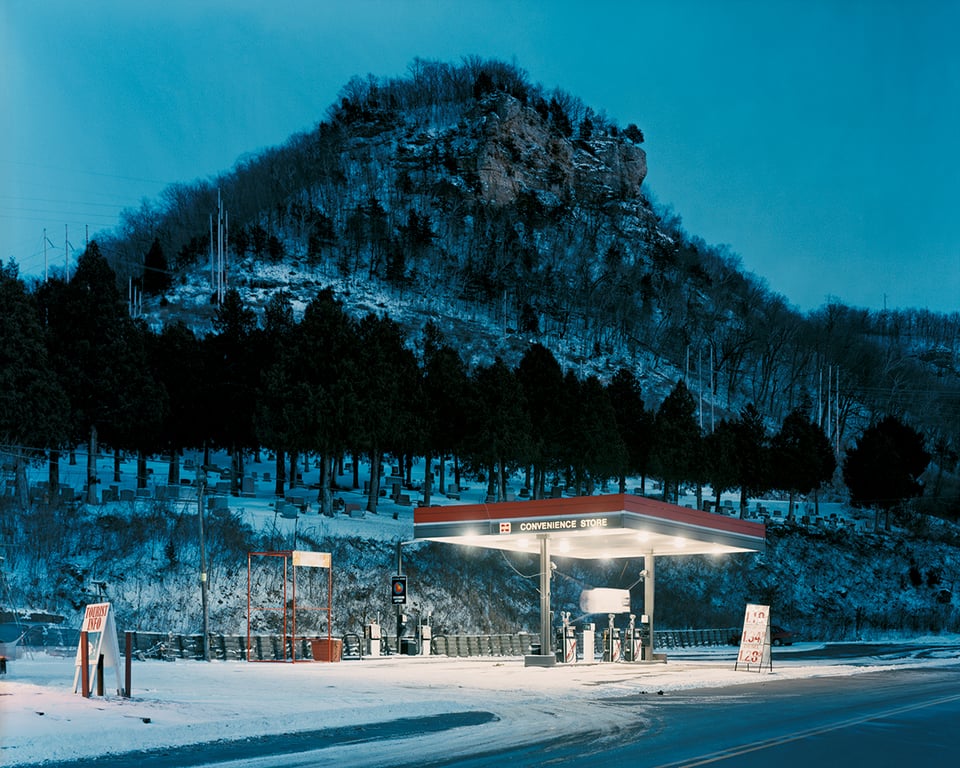
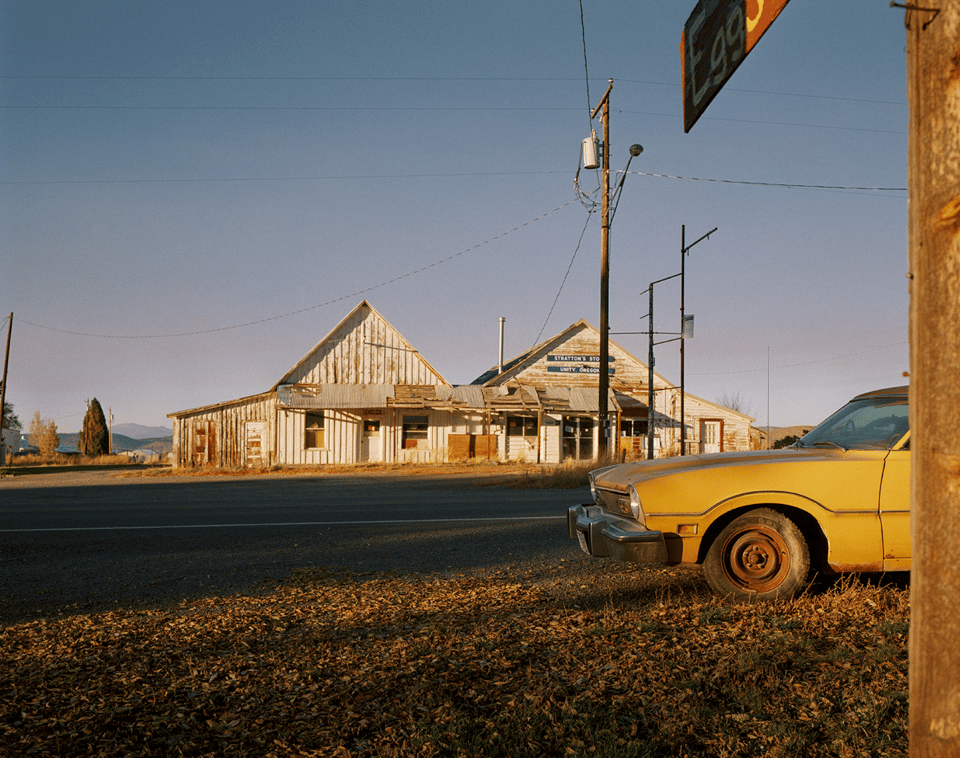
It’s a dream of mine as well, maybe not all over the US, because Texas is big enough to explore on its own. And of course, I want to do it with a view camera (that’s the classic way, right?)
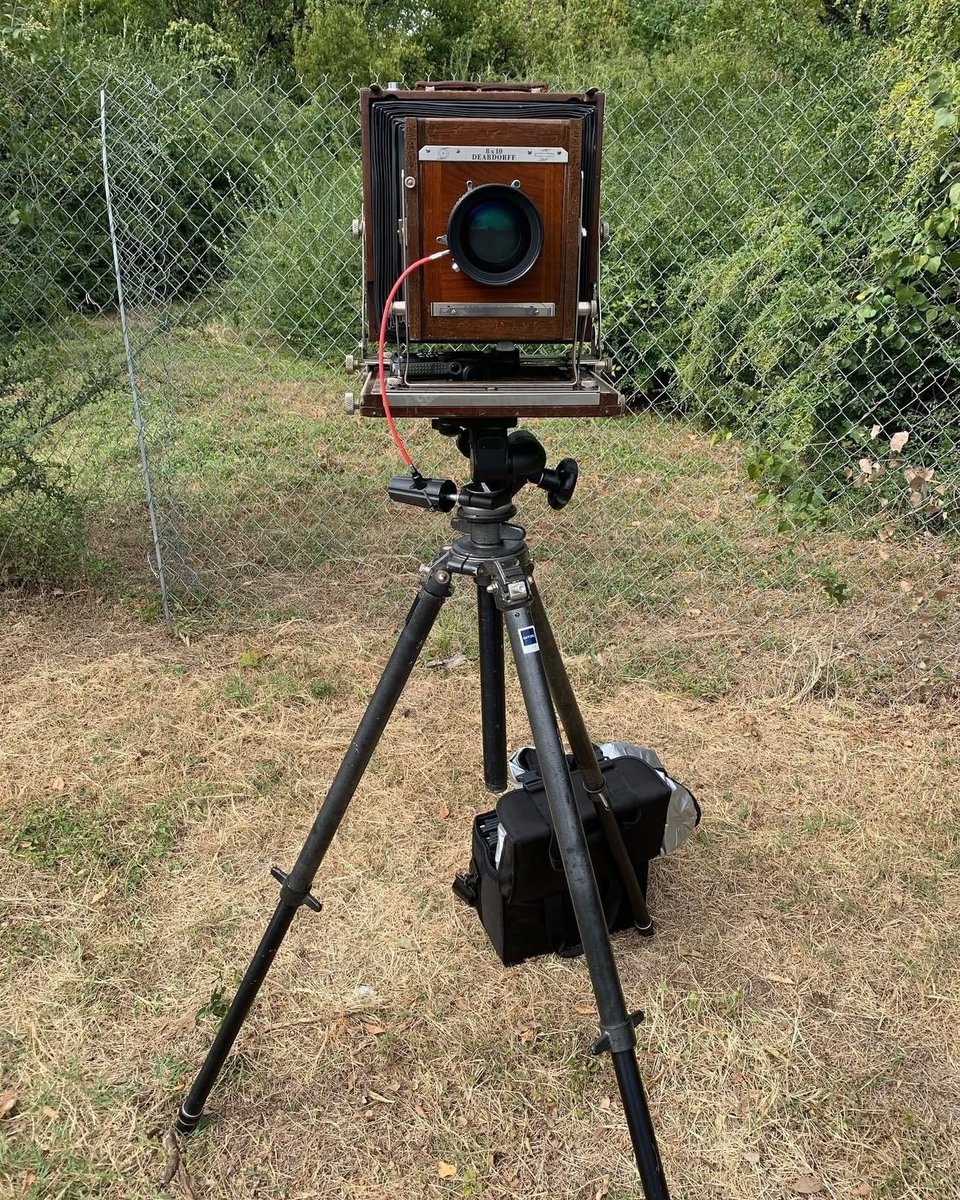
Back to that Photographic Conversation…
About 10 years ago, I began my obsession with night photography, something I had never done before. I started collecting photos of cars from the 70s through the mid-90s. I called this collection of photographs #AmericanMadeMachines.
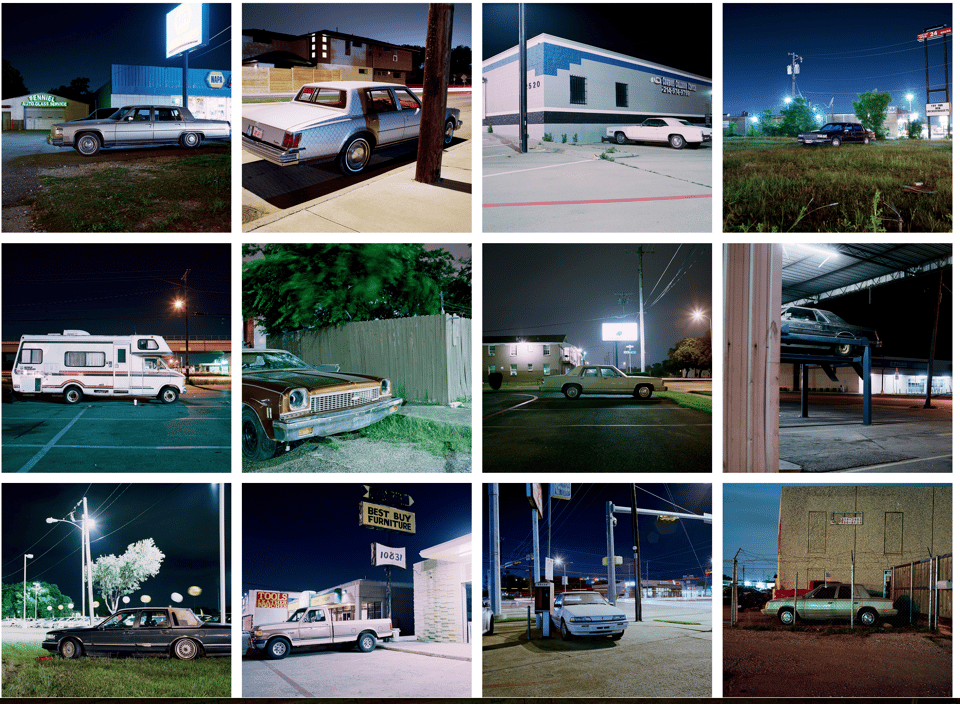
I made a zine and sold it at zine fests. A few years after I had finished, I saw this article in the New Yorker about a photographer, Langdon Clay who had better night photographs of cars in New York City, and he had made them during the mid 70s.
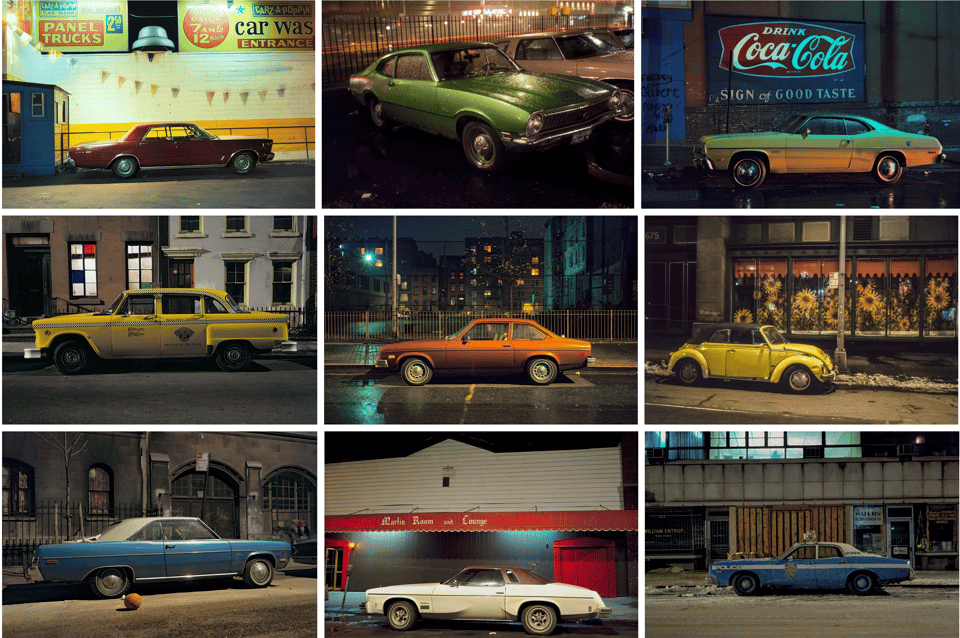
Then, recently, through the power of social media, I connected with a Baltimore photographer named Michael Wriston. Funny side note, Michael is friends with another Baltimore-based photographer, Patrick Joust, who was my early inspiration when I started photographing at night. Reading through Michael’s Substack, he mentioned that his series Dream Car had been featured on Photography Chronicles.
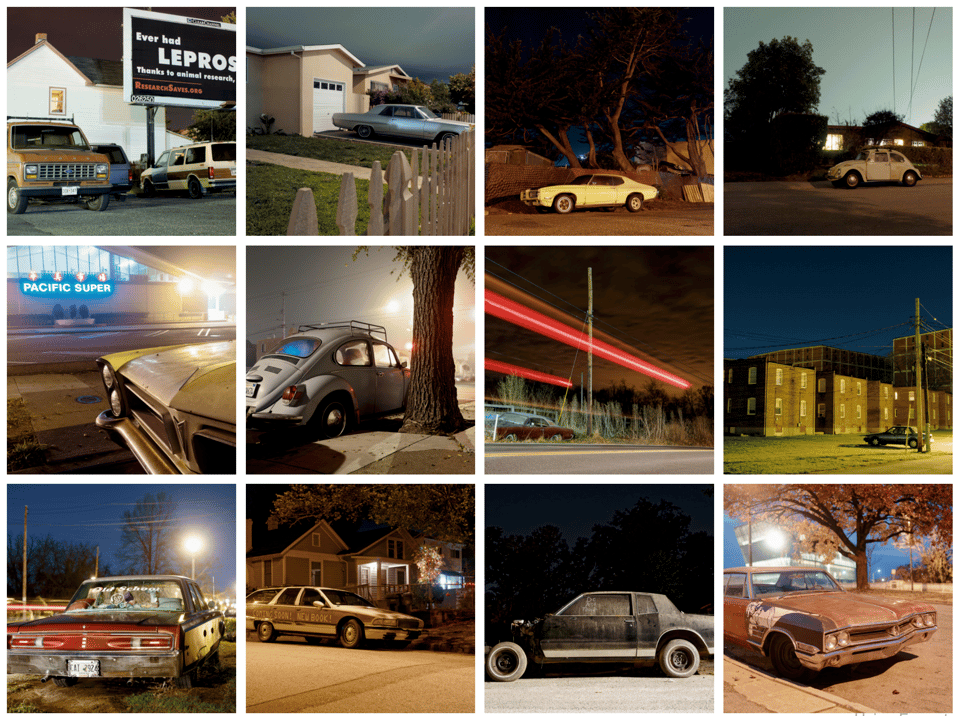
Of course, I immediately reached out to Michael and told him of this newsletter idea I had about how none of our photo projects truly exist in a vacuum. He was gracious enough to allow me to use some photos (I hope it’s okay, Michael, that I snagged a screenshot to show the similarities of all three projects!)
Bookbinding?
Nah…not this newsletter, I’ve been behind writing this, as well as getting a practice book in, so nothing this time!
In Other news:
A photo from some nights i can’t sleep was featured in the Float Magazine / Humble Arts Foundation exhibition & zine good impactful photography!
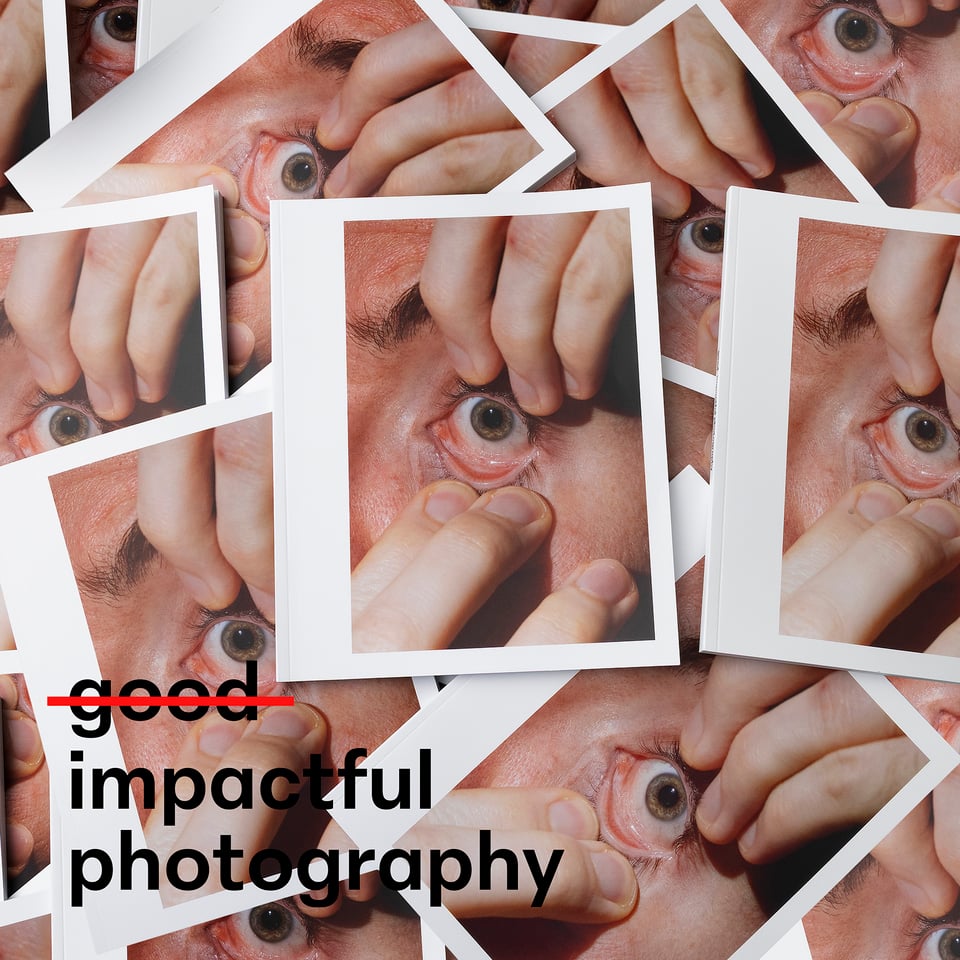
Later on this month, I’ll be traveling to San Diego to do a presentation on some nights i can’t sleep at Medium Photo, which I am excited for. I was there back in 2019 for their zinefest (which was excellent, one of the best zinefests I’ve ever been to), so I’m looking forward to going back!
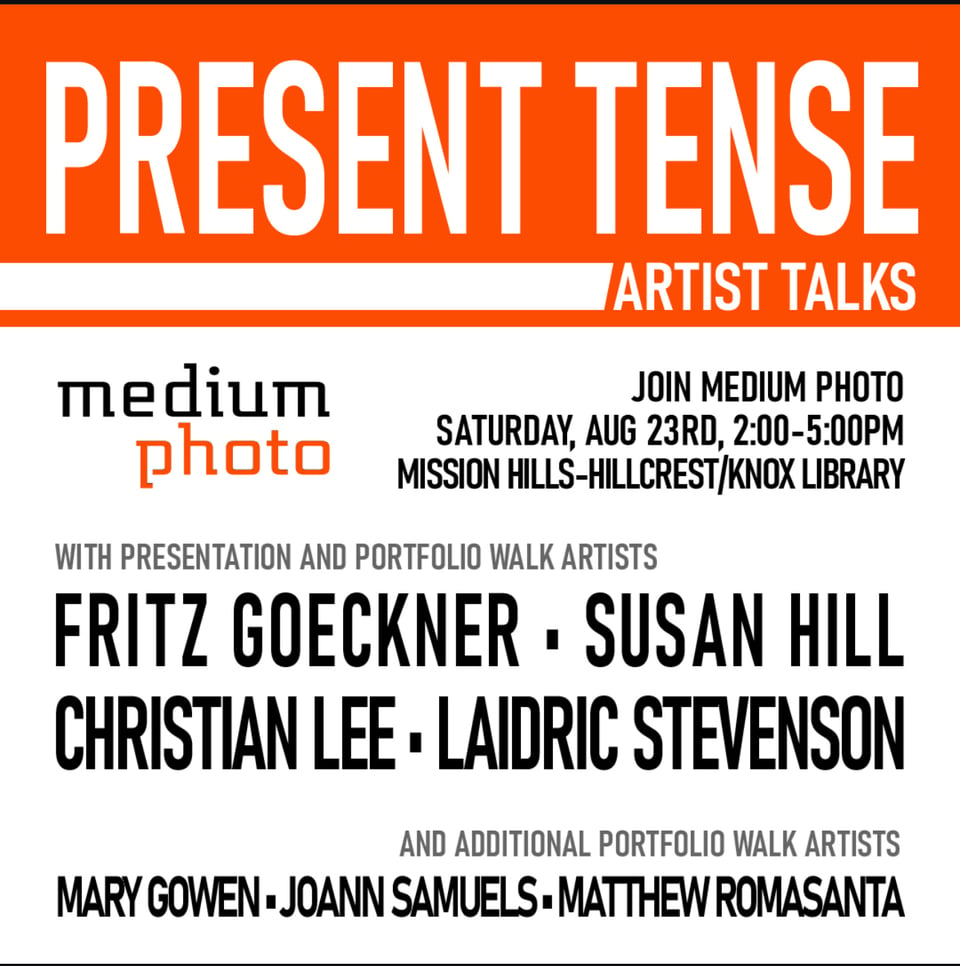
Add a comment: